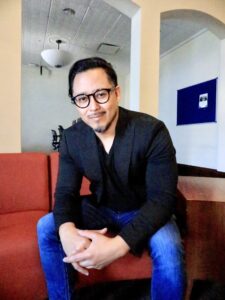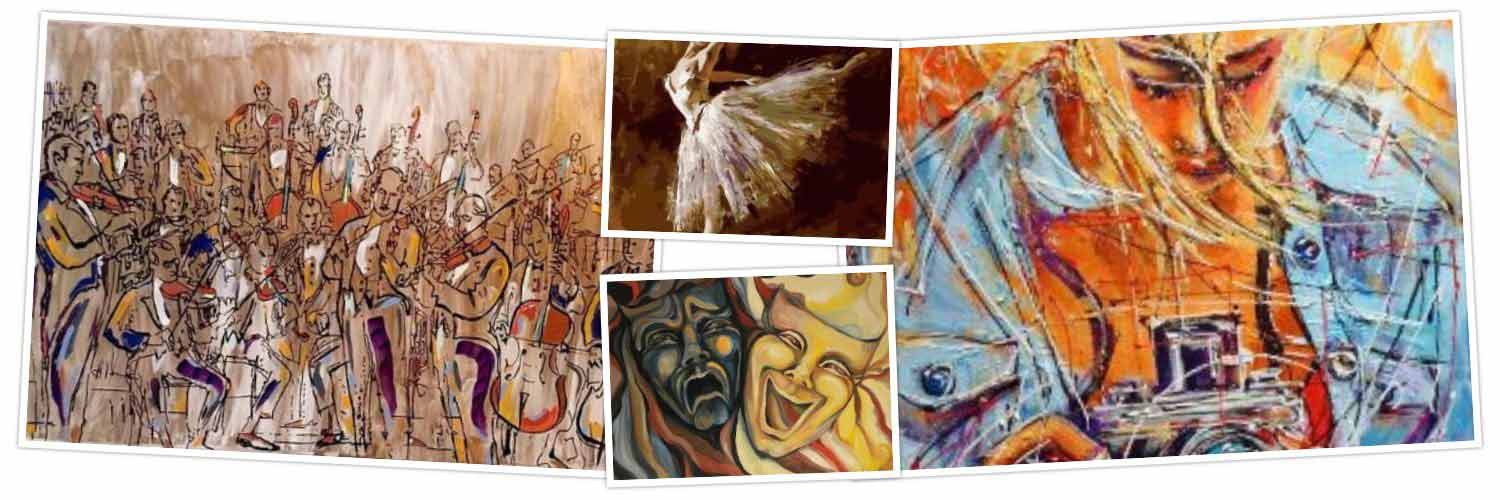Octavio Quintanilla Talks about his new Poetry Collection
By JASMINA WELLINGHOFF, Editor
Tell us about the genesis of this book?
I started writing the poems for this book right after I published my first collection, “If I Go Missing,”
back in 2014. I thought this book would be a sort of sequel to the first, but it turned out it wasn’t.
In “The Book of Wounded Sparrows,” I wrote everything I wanted to write in “If I go Missing.”
Thing is, when I wrote “If I go Missing,” I didn’t quite have the language to write about the experience of geographic, familial and emotional dislocation as I did when I started writing the new book. And even then, I discovered the lexicon for the book as I wrote.

Could you explain more about the “dislocation.”?
Yes. I was born in Texas but I lived in Mexico till I was nine years old. Went to school there. So, Spanish is my first language. However, once I crossed the Rio Grande, my family and my friends stayed on the Mexican side. And once I started attending school, whatever formal Spanish I knew got suppressed. I was sent to live with relatives in Weslaco, Texas, where I graduated high school in 1992.
At its core, “The Book of Wounded Sparrows” is, in many ways, about this separation, about children having to be separated from their parents in the pursuit of the “American Dream,” and about parents having to live without their children to give them a chance to live “a better life.”
How did you first respond to America and American ways?
I came to live in the Rio Grande Valley and I experienced it as a lonely place. Streets empty of people, everyone trapped inside their cars, windows up! Hardly a smile anywhere. No kids playing ball on the street or chasing after each other. Hardly a sound anywhere. Silence. I hated it. That was my impression of the U.S. when I was nine.
Could you explain the title of your book: “The Book of Wounded Sparrows”?
The title is connected to the journey my little brother and I took as children to come here to attend American schools. As I said, my family stayed in Mexico. Imagine having to be separated from your parents and siblings when you are 8 and 9-years old. Also, imagine how your parents must have felt. Everyone is wounded when this happens.
How hard was it to write these poems in a way that reflects what happened but also transcends it?
Well, it took approximately ten years to get the book in the shape that publishers would consider.
This is not a memoir. It’s a book of poetry that, in many ways, reaches back to my past, to this experience of familial separation, something that keeps happening, and will keep happening as long as borders exist. The book also has three sections of Frontextos (visual poems) that help articulate the narrative.
Has this whole process been transformative for you?
Yes. It has been transformative and it has helped me learn a lot about myself as a writer. I learned that I am patient with my writing. That I am OK with not publishing anything until I feel it is time to do so, when I am sure that I am saying what I truly wanted to say. Writing this book also transformed my trauma into power.
Do you feel like you have accomplished this major task, so now you can go in a different direction.
Yes. This is the kind of book that one can get obsessed with. Now that it is done, I can continue writing the novel I started a while back, and I can work on essays I’ve neglected to write. And, as you know, a manuscript I wrote in Spanish, “Las horas imposibles” (“The Impossible Hours”) just won the Ambroggio Poetry Prize given by the Academy of American Poets. This is to say, that for the last four years, as I completed “The Book of Wounded Sparrows,” I was also trying new things with poetry, and “Las Horas” feels so different than “The Book of Wounded Sparrows.”
You teach at Our Lady of the Lake University. What subject or subjects do you teach?
I teach in the MA/MFA program in Literature, Creative Writing and Social Justice.
How do you teach poetry?
I teach in the ways that I learned it myself; that is, by close reading and practice.
——————————————————————————————————————–
“The Book of Wounded Sparrows” is published by Texas Review Press; You can preorder here:
https://www.tamupress.com/book/9781680033663/the-book-of-wounded-sparrows/
Octavio Quintanilla was a poet Laureate of San Antonio for 2018-2020. His first poetry collection, “If I go Missing” was published in 2014.

I had never heard of Octavio Quintanilla until reading this interview article. Thank you so much for doing what you do in spotlighting arts leaders in the community!